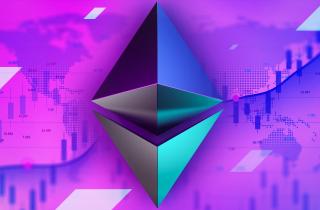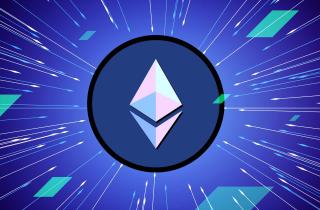Fastest Transaction Cryptocurrency: A Comparative Analysis of Crypto TPS
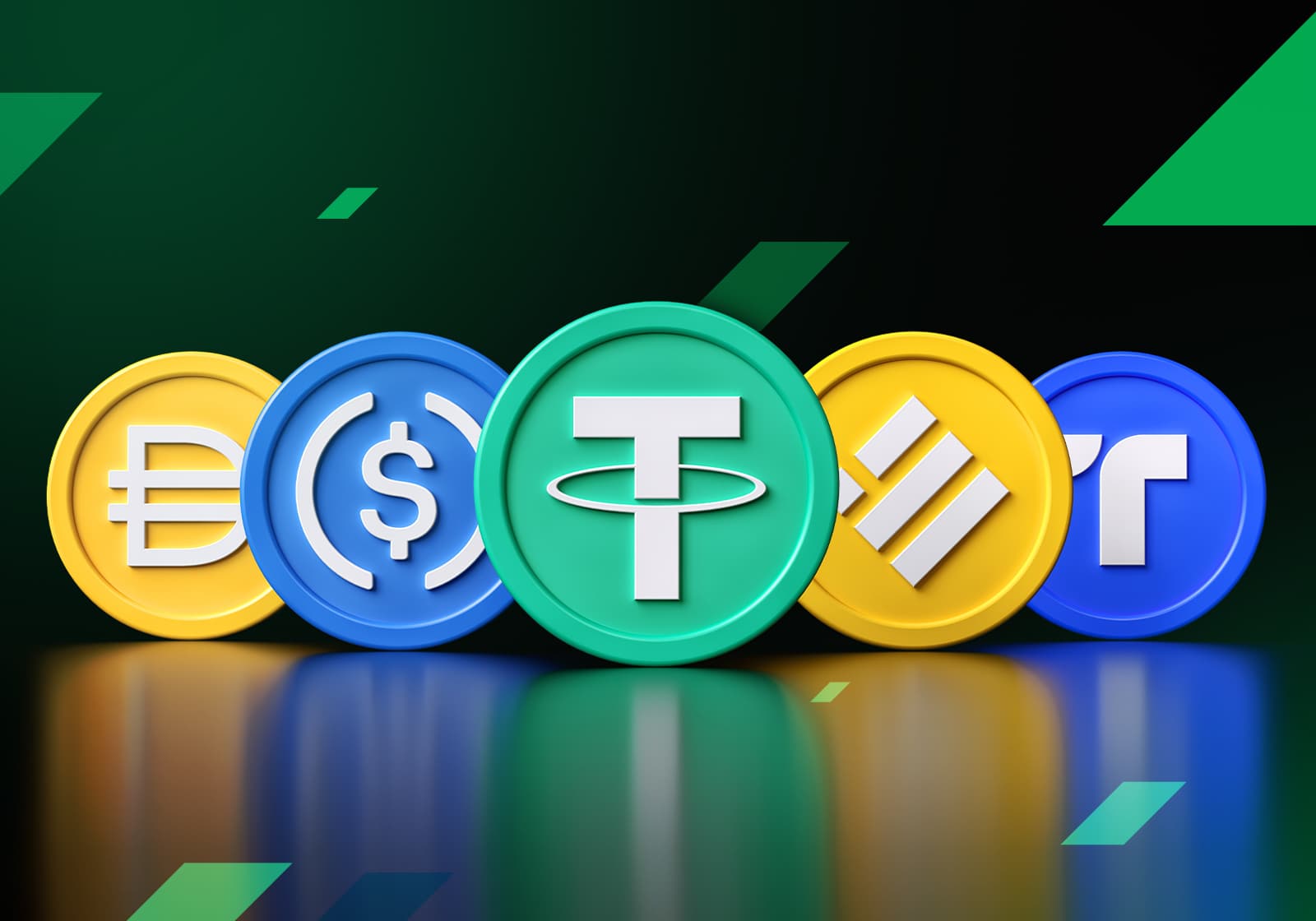
Speed is one of the major considerations in the modern world. The time needed for money transfers is one of the major considerations for millions of people and businesses worldwide. Visa has an impressive capacity of handling 65,000 transactions per second. What about crypto transfers? What is the fastest transaction cryptocurrency currently available? Let's discover and compare the highest transaction speed crypto in this guide.
What is TPS in crypto?
Before discussing the fastest blockchains, let's define the meaning of transaction speed in blockchain.
The blockchain transaction speed is the volume of transactions a blockchain network can process within a specific timeframe. It's measured in transactions per speed (TPS) and network bandwidth.
If you are wondering how to calculate TPS in crypto, here's a simple formula:
| TPS = (block size / average transaction size) / block time |
Crypto transaction speed can suffer if the blockchain network you chose for the crypto transaction has high network congestion, huge volume, and high transaction fees.
The blockchain transaction speed is vital in many ways:
- It directly impacts the blockchain network's efficiency.
- A fast TPS in crypto signifies the network's ability to manage numerous transactions simultaneously.
- A blockchain network can operate as a global financial system offering real-time transactions thanks to the fast transaction speeds.
The transaction speed means a lot for the success and demand in a specific blockchain network. The higher the transaction speed, the better the network can transfer data from one party to another.
Proof of Stake vs Proof of Work
To further familiarise you with crypto transactions, you need to understand the difference between proof-of-work (PoW) and proof-of-stake (PoS) consensus protocols, which impact crypto transfers.
- PoW involves mining, where participants solve puzzles to validate transactions. Mining always requires more computational power and energy to process transactions, resulting in slower transaction speeds.
- PoS networks proceed transactors based on the number of coins validators hold and stake, resulting in faster crypto transactions.
The ongoing race for faster crypto transactions may lead to environmental issues. For example, Bitcoin mining uses PoW, which consumes much energy to process transactions, causing significant environmental concerns. Bitcoin mining produces about 90.2 million metric tons of CO2 annually, with approximately 44,400 tons of electronic waste yearly.
The environmental impact of blockchain networks has resulted in a growing public interest in green cryptocurrency and an increased number of crypto projects using the PoS consensus protocol.
Factors affecting crypto transaction speed
Numerous factors shape the speed of crypto transfers in the blockchain networks. Besides the consensus mechanism previously discussed, network congestion is another critical factor significantly impacting blockchain transaction speeds. Network congestion occurs when transaction demand exceeds the network's capacity due to limited block sizes, increased transaction volume, and the time needed for block creation.
To achieve faster transaction speeds, users can increase their transaction fees. Higher fees influence the urgency of validating transactions, resulting in faster crypto transfers.
Fastest Transaction Cryptocurrency for 2024
Well, enough of theory. Let's proceed with our list and analysis of cryptos offering the fastest blockchain transactions per second. Below are 10 cryptos offering the fastest transactions per second, paving the way for more efficient inter-block communication.
Solana (SOL)
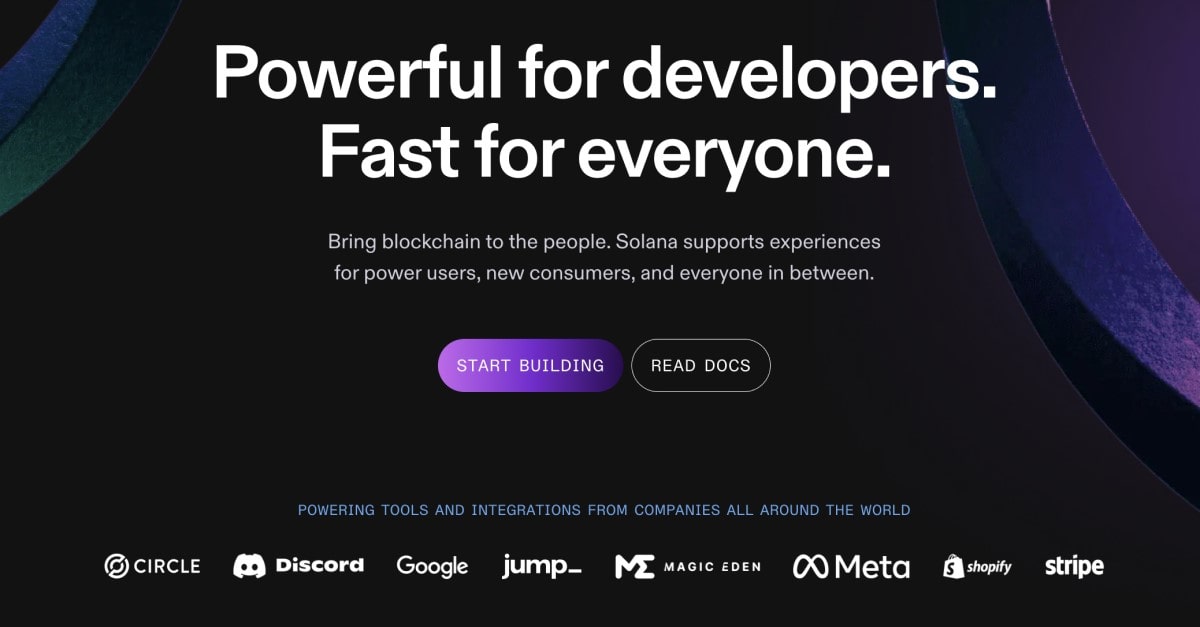
Transaction speed: 65,000 TPS
Consensus mechanism: PoH and PoS
Launched in March 2020, Solana is a Blockchain platform designed to address scalability issues in other networks. It combines Proof of History (PoH) and Proof of Stake (PoS) to achieve high transaction speeds. PoH timestamps each transaction, speeding up validation, while PoS relies on validators ("stakers") to verify transactions.
Solana offers the fastest blockchain transactions per second. It can handle up to 65,000 transactions per second (TPS). Its architecture allows parallel processing of multiple transactions, enhancing throughput and scalability. Solana's Tower BFT ensures fast block confirmation while maintaining security and decentralisation.
Ripple (XRP)
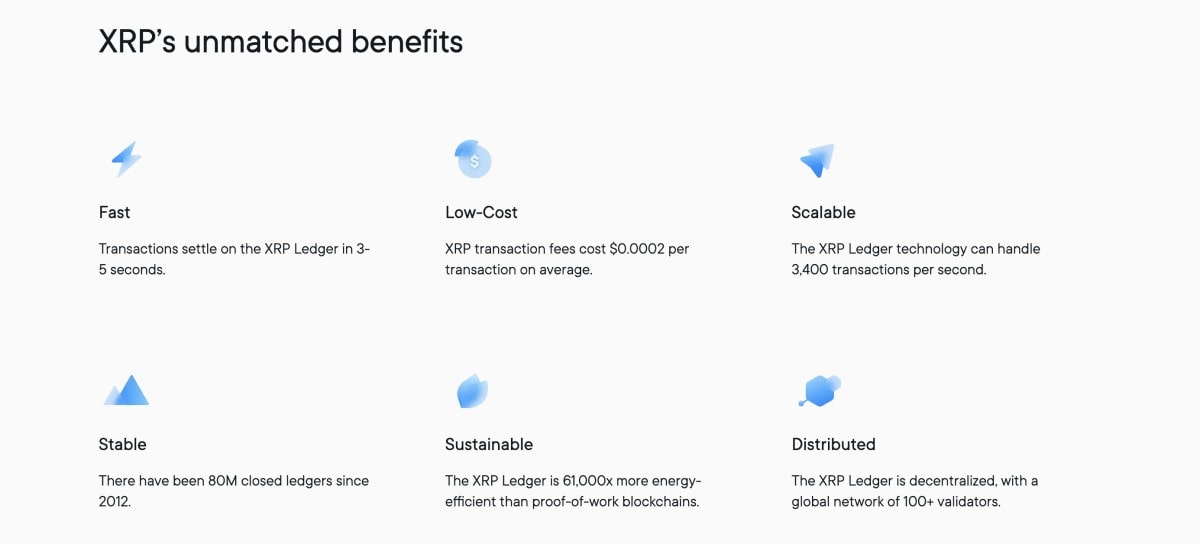
Transaction speed: 50,000 TPS
Consensus mechanism: RPCA
Ripple, a high-speed cryptocurrency, uses the Ripple Protocol Consensus Algorithm (RPCA) to handle 1,500 transactions per second (potentially up to 50,000 TPS). Transactions settle in 3-5 seconds, offering efficiency over traditional payment systems. Ripple's low transaction fees, based on the amount of XRP used, enhance cost-effectiveness.
Its fast speed and low-cost transactions make it a competitive digital payment protocol. Using its native coin, XRP, Ripple aims to create a seamless global payments network that rivals traditional systems like SWIFT. The RPCA employs independent validators for real-time transaction validation, ensuring swift and efficient processing and making Ripple one of the fastest transaction cryptocurrencies.
EOS.IO (EOS)
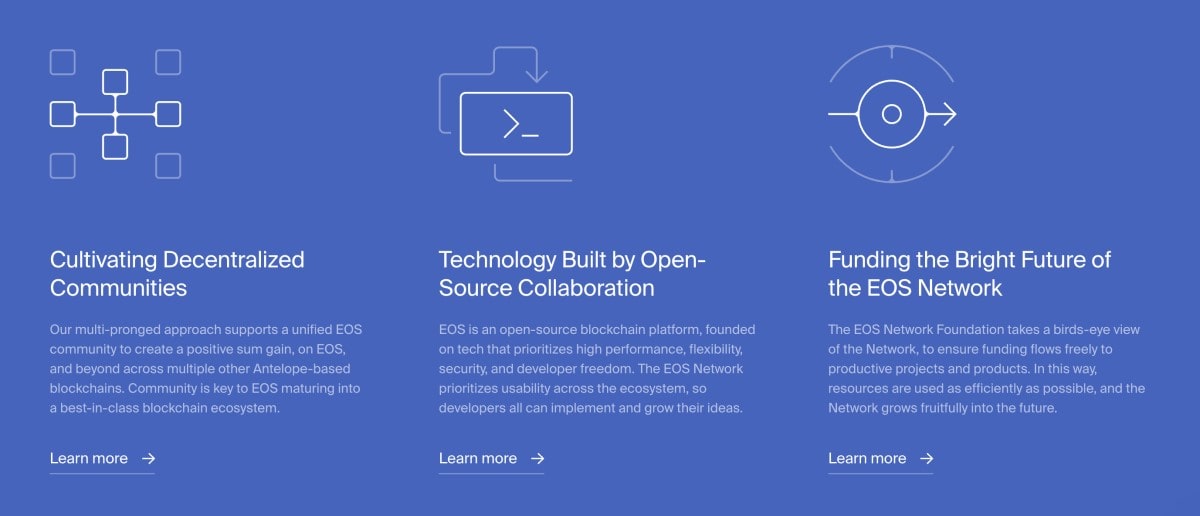
Transaction speed: 4,000 TPS
Consensus mechanism: DPoS
EOS.IO, launched in 2018, is the highest transaction speed crypto platform designed for decentralised applications (dApps). Its Delegated Proof of Stake (DPoS) mechanism enables efficient transaction processing, achieving up to 4,000 transactions per second (TPS) speeds.
EOS.IO's fee-less transaction model removes barriers associated with transaction costs, making it an attractive option for developers and users. In DPoS, block producers elected by the community validate transactions and add them to the blockchain, incentivised by rewards to maintain network efficiency and speed. This makes EOS.IO one of the most scalable blockchain platforms available.
Cardano (ADA)

Transaction speed: 1,000 TPS
Consensus mechanism: PoS
Cardano is a notable high-speed cryptocurrency platform launched in 2017 by IOHK, founded by Ethereum co-founder Charles Hoskinson. It uses Ouroboros, an energy-efficient Proof of Stake (PoS) consensus algorithm, achieving the fastest blockchain transactions per second of over 1,000 TPS.
The Vasil hard fork upgrade further improved Cardano's capabilities by lowering transaction fees and enhancing speed. Ouroboros ensures a decentralised, secure, and sustainable blockchain network that is ideal for decentralised applications. Cardano's innovations, including the Hydra Layer 2 scaling solution, enable higher transaction throughput by allowing multiple transactions simultaneously, making it a fast and efficient alternative to other blockchain platforms.
Stellar (XLM)
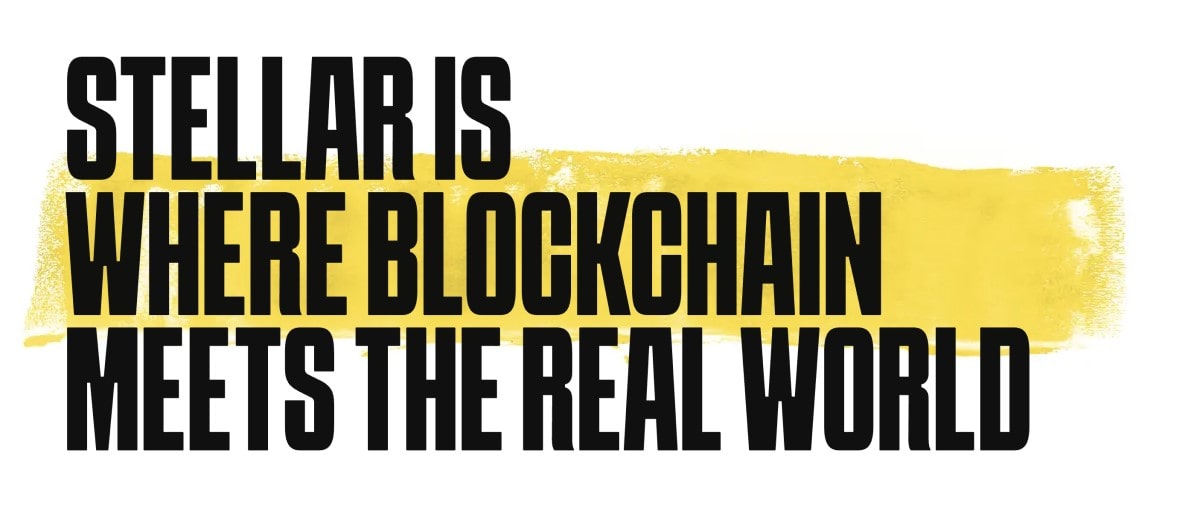
Transaction speed: 1,000 TPS
Consensus mechanism: SCP
Stellar, created in 2014 by Jed McCaleb, co-founder of Ripple, is a blockchain platform designed for fast, low-cost cross-border transactions. Stellar can process up to 1,000 transactions per second using its Stellar Core software, outperforming Bitcoin and Ethereum. The platform's high speed is due to the Stellar Consensus Protocol (SCP), which enables quick and secure consensus based on the Federated Byzantine Agreement (FBA). Stellar also allows users to issue tokens and includes a decentralised exchange for trading assets. Its efficiency and low fees have attracted major companies like IBM, Deloitte, and KlickEx for cross-border payments.
Waves (WAVES)
Transaction speed: 100 TPS
Consensus mechanism: Waves-NG
Waves, launched in 2016 by Alexander Ivanov and a team of Russian developers, is a blockchain platform for building decentralised applications (dApps) and issuing custom digital assets. Using the Waves-NG consensus mechanism, a modified version of Bitcoin's proof-of-stake algorithm, it achieves faster transaction speeds and higher throughput, processing up to 6,000 transactions per minute (100 TPS). Waves-NG employs a dynamic block size, adjusting based on network demand to maintain efficiency.
Algorand (Algo)
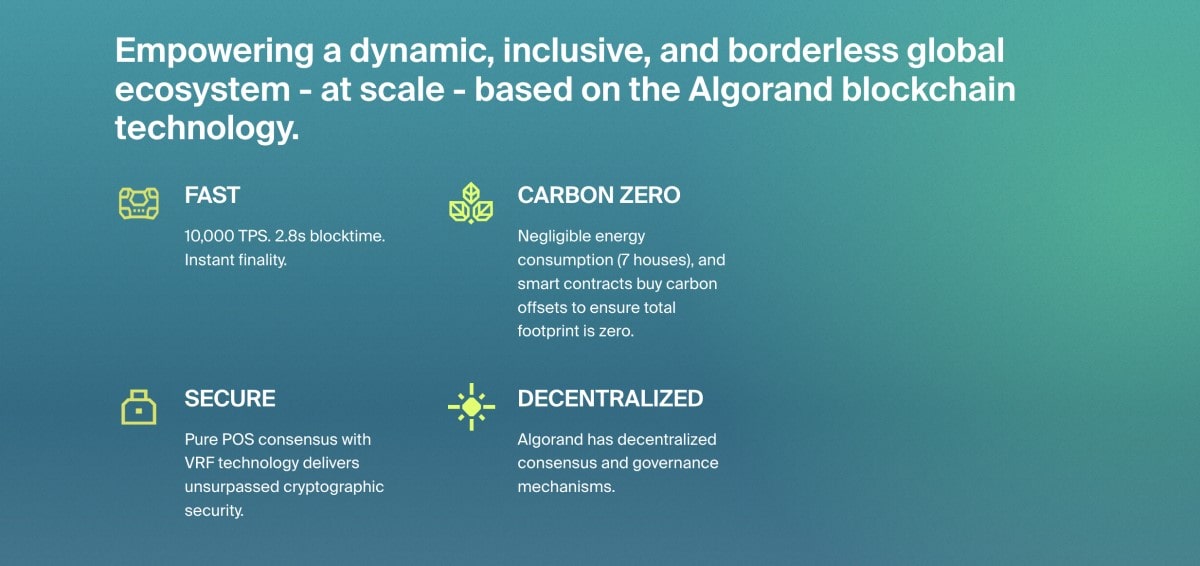
Transaction speed: 6,000 TPS
Consensus mechanism: PoS
Algorand, created in 2017 by MIT professor Silvio Micali, is a decentralised blockchain platform known for its speed, security, and scalability, making it one of the fastest transaction cryptocurrencies. Using a pure proof-of-stake consensus algorithm, Algorand originally processed up to 1,000 transactions per second (TPS). In June 2021, an upgrade increased this capacity to 6,000 TPS.
Algorand 2.0 enhanced scalability and introduced cross-chain communication, allowing assets to transfer seamlessly between blockchains. This speed and low transaction fees have made Algorand popular in decentralised finance (DeFi) and attractive to businesses and governments. The Algorand Foundation partners with institutions like Circle and the Italian Society of Authors and Publishers.
Avalanche (AVA)
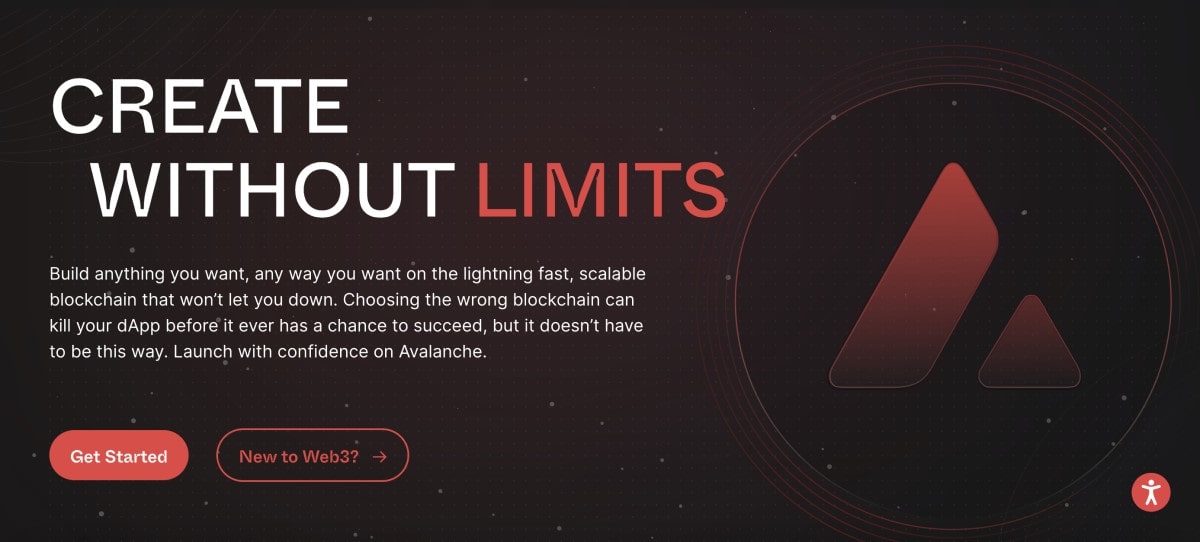
Transaction speed: 4,500 TPS
Consensus mechanism: ACP
Avalanche, launched in September 2020, is a next-generation blockchain platform designed for high transaction speeds, low fees, and interoperability. It uses the Avalanche Consensus Protocol (ACP) to create subnetworks for parallel transaction processing. Avalanche offers the fastest blockchain transactions per second, handling over 4,500 transactions per second (TPS) and confirming transactions in under two seconds, thanks to its layered architecture that separates the consensus and execution layers. The platform's native token, AVAX, is used for transactions and offers significantly lower fees than Bitcoin and Ethereum. Avalanche also supports cross-chain interoperability through the Avalanche-X protocol, enabling seamless communication and value exchange between blockchain networks.
IOTA (MIOTA)
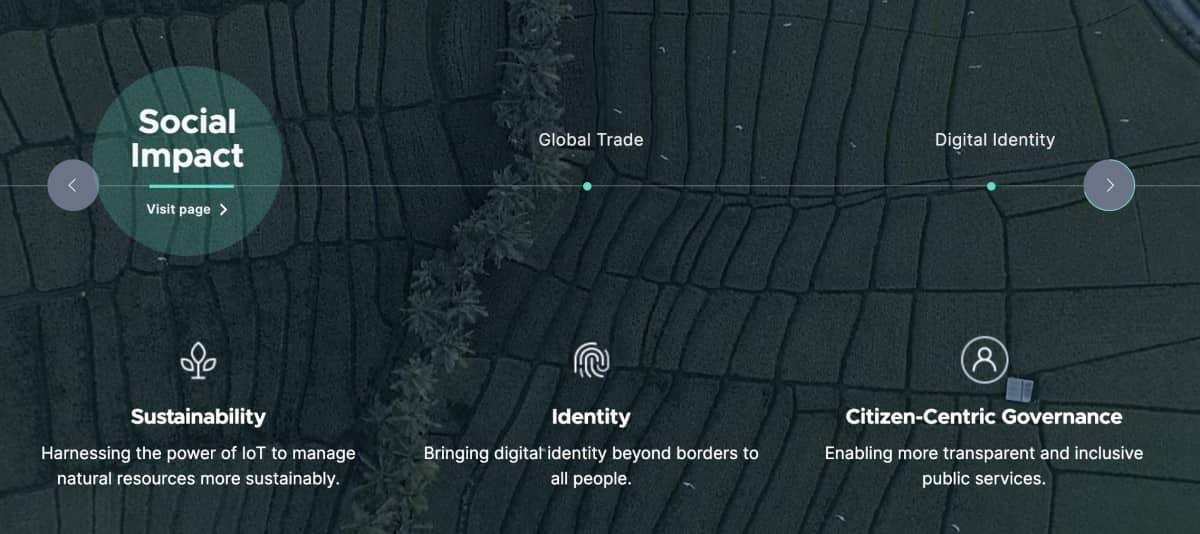
Transaction speed: 1,000 TPS
Consensus mechanism: Nakamoto consensus
IOTA is a cryptocurrency and decentralised platform designed for the Internet of Things (IoT), offering efficient, scalable, and seamless communication between devices. Built on a directed acyclic graph (DAG) called the Tangle, IOTA enables fast, secure, and seamless transactions. Unlike traditional blockchains, IOTA doesn't use miners for transaction validation. Instead, each participant validates two other transactions before submitting their own, maintaining decentralisation and security. This "transaction confirmation" process ensures quick validation and processing. With the capacity to handle around 1,000 transactions per second (TPS), IOTA's feeless model supports microtransactions, making it ideal for IoT devices needing frequent, small transactions.
NEO (NEO)
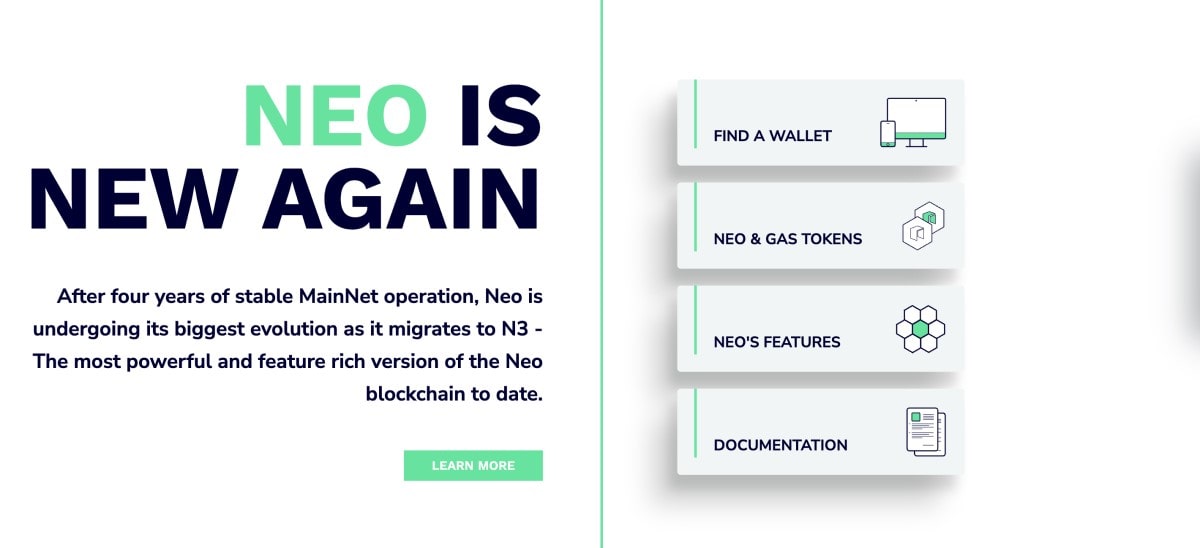
Transaction speed: 15 TPS
Consensus mechanism: dBFT
NEO, originally launched as Antshares in 2014 and rebranded in 2017, is a blockchain platform for developing decentralised applications (dApps) and digital assets. NEO's transaction speed is around 15 transactions per second (TPS), faster than Bitcoin but slower than platforms like EOS and Ripple. This speed is achieved through its delegated Byzantine Fault Tolerance (dBFT) consensus algorithm and digital identities, which enable quick transaction verification. Despite its relatively lower TPS, NEO offers strong security and efficiency, making it less prone to attacks and network congestion. Its focus on digital identity verification also enhances platform security and fraud prevention.
Listed above are 10 crypto projects offering the fastest blockchain transactions per second. Each of them is unique and provides crypto transfers at different speeds. While some provide a high volume of transactions per second, others focus on innovation. Considering the crypto TPS outlined in this guide, we can assume the moment when cryptocurrency becomes a new global financial system is not far away.
Tags
Try our Bitcoin Cloud Miner and get additional crypto rewards based on your trading volume. It's immediately available upon registration.
Try our Bitcoin Cloud Miner and get additional crypto rewards based on your trading volume. It's immediately available upon registration.


